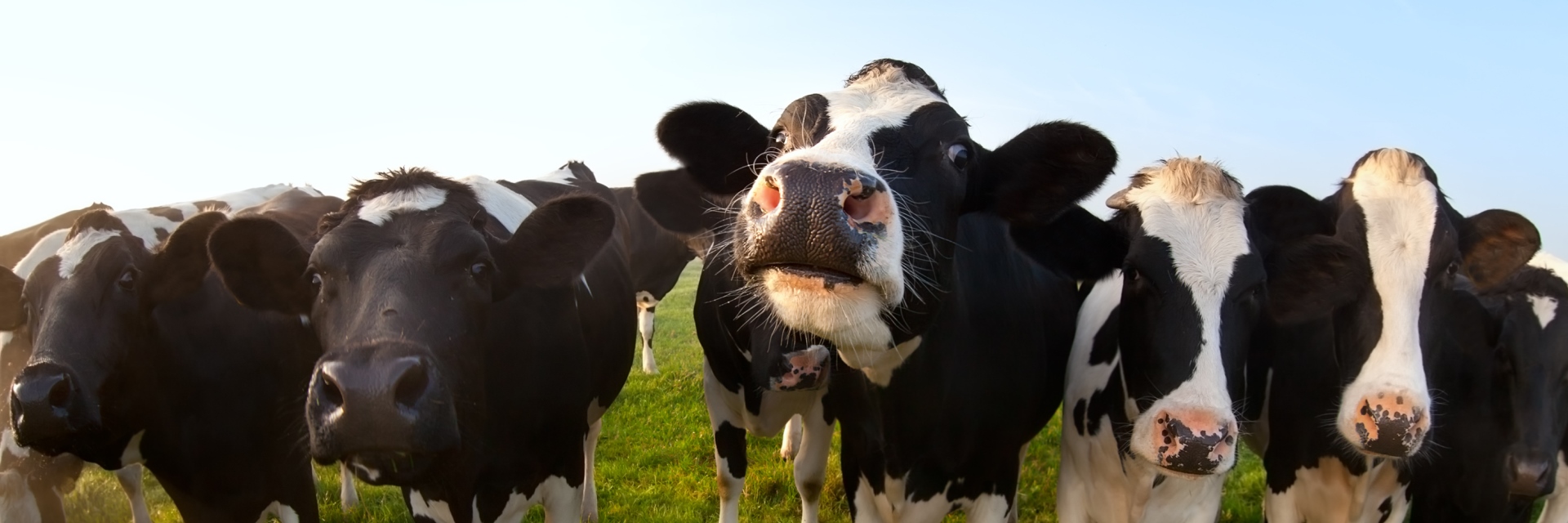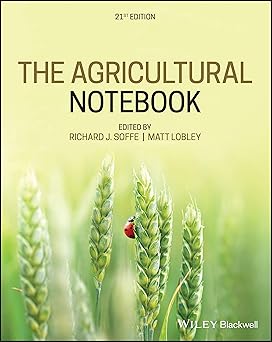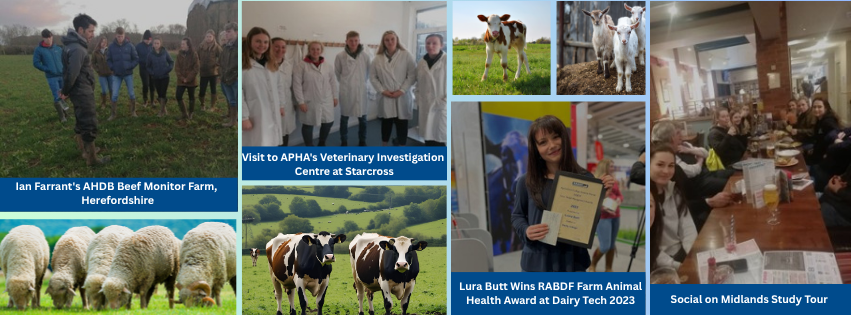
If you continue browsing this website, you agree to our policies:
x
Section outline
-
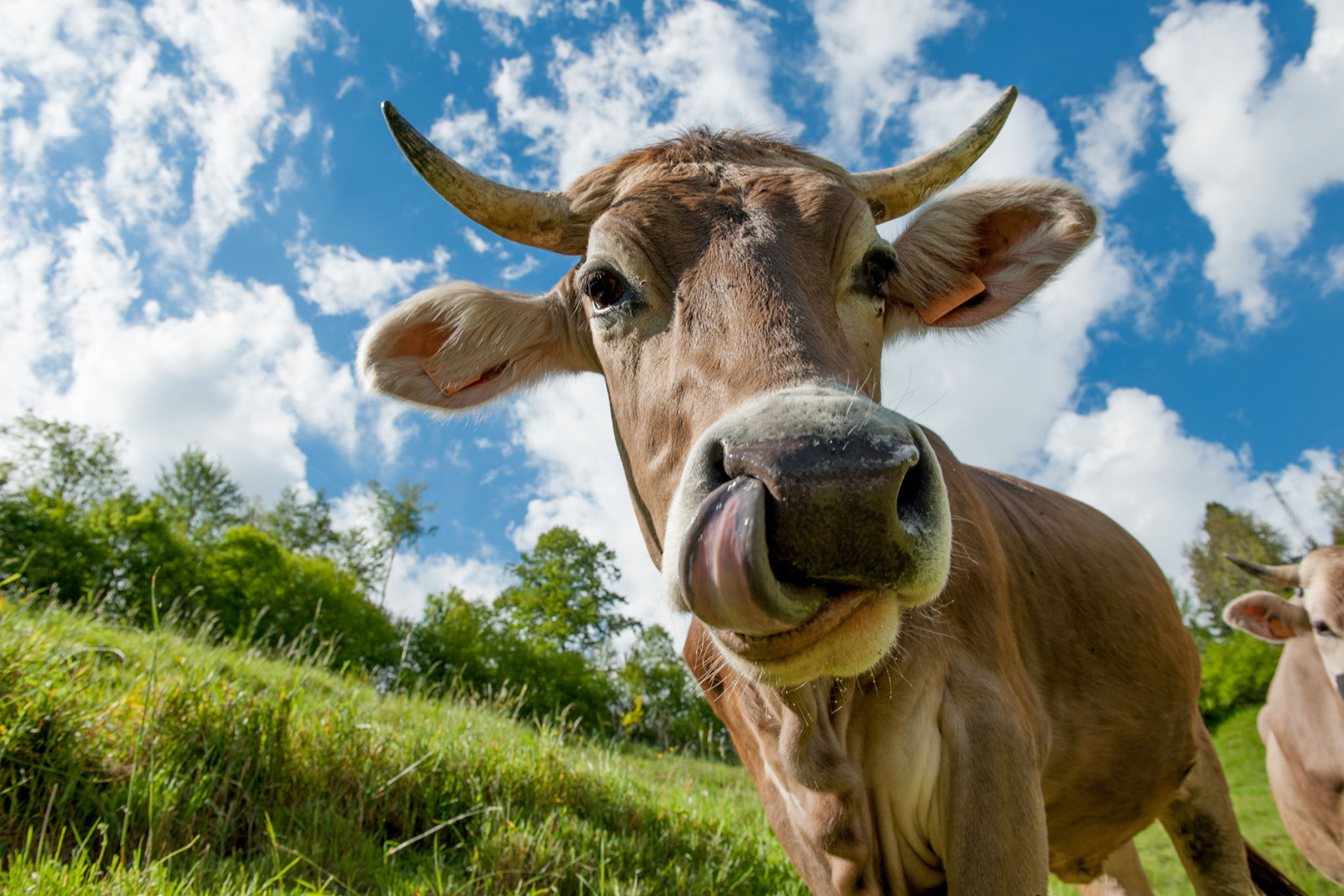

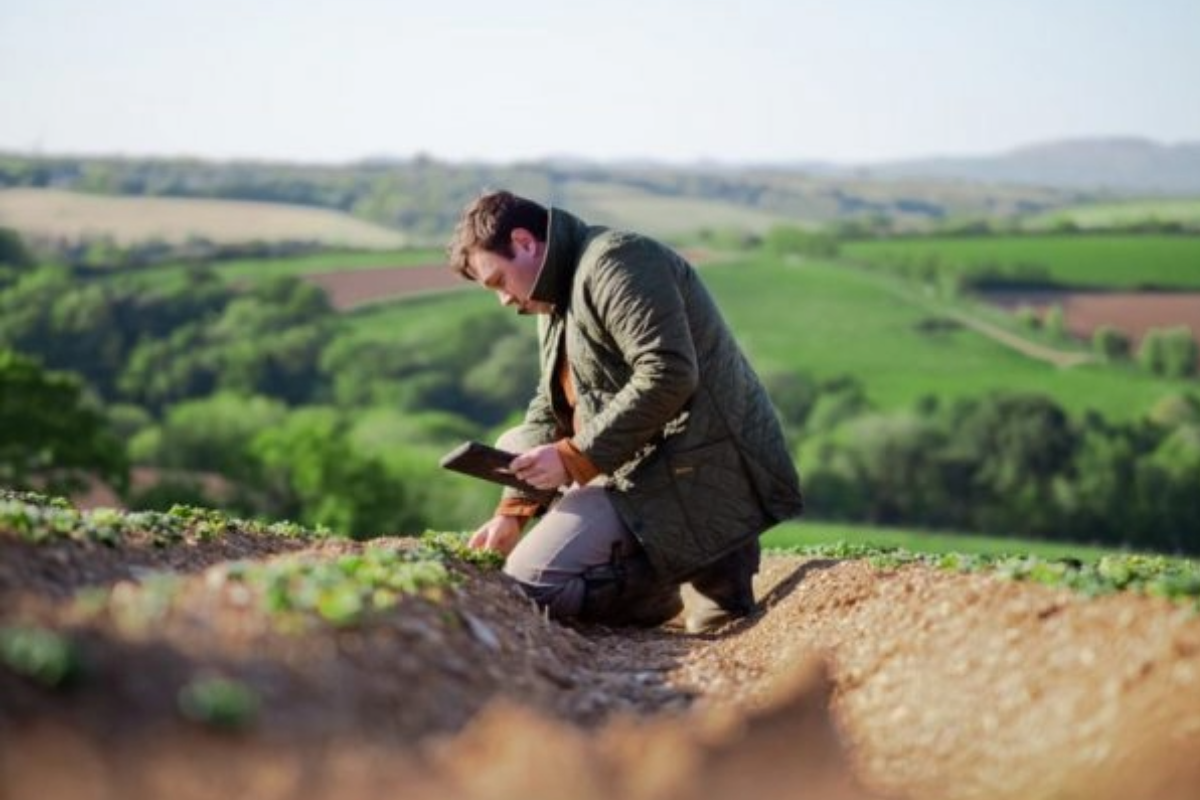
-
Full-time Course Starting September 2025
-
Full-time Course Starting September 2025
-
The Agriculture and Horticulture Development Board (AHDB) is a statutory levy board, funded by farmers, growers and others in the supply chain to help the industry succeed in a rapidly changing world. They aim to create a world-class food and farming industry, inspired by and competing with the best.
-
The Department for Environment, Food and Rural Affairs (DEFRA) is a part of the government responsible for improving and protecting the environment. Their aim is to grow a green economy and sustain thriving rural communities. They also support our world-leading food, farming and fishing industries.
-
A collaboration between Duchy College, Animal Welfare Approved and A Greener World, this website of animal health and welfare information supports sustainable livestock farming by bringing together appropriate material from a wide range of recent research and advisory sources and making it accessible for farmers, veterinarians and advisors.
-
Farm Net Zero is a major project from the farming community in Cornwall to show the contribution that agriculture can make to achieving Net Zero. Alongside the farming community, organisations contributing to deliver of the project include the Duchy College Rural Business School, the Farm Carbon Toolkit, Westcountry Rivers Trust, Innovative Farmers, Innovation for Agriculture and Just Farmers. The project is managed by Cornwall College and funded by the National Lottery Community Fund from January 2021 for five years.
-
